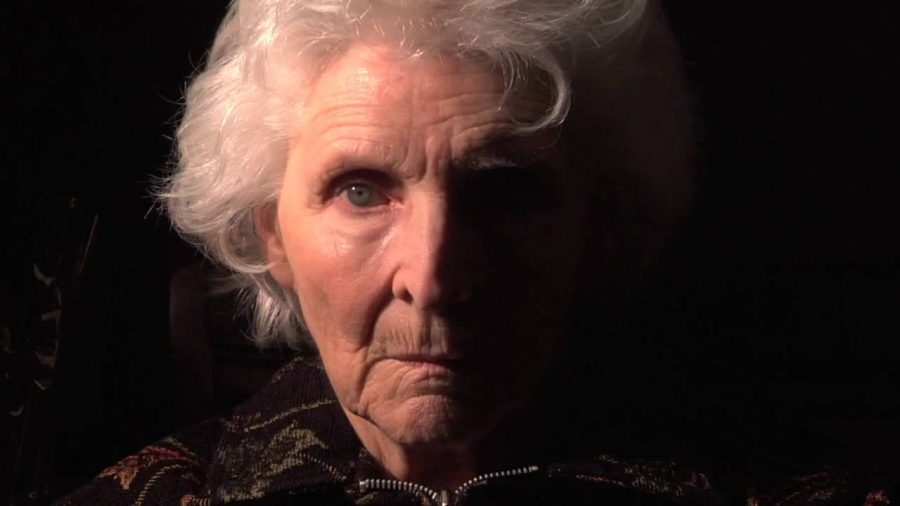A report on the failed trials of the drug solanezumab insists that the beta-amyloid plaque theory of Alzheimer’s remains fully valid, despite that none of the drugs designed for this endeavor have been considered successful.
Paul Aisen, MD, at the University of Southern California, assures that, even if they failed, the latest trials on drugs aiming to eliminate the beta-amyloid plaques prove that the progress of Alzheimer’s disease can be effectively slowed down.

Aisen suggests that this is a case of a “negative study that confirms a beneficial effect,” causing uncertainty in the medical community, seeing that at least one out of every three American adults will be diagnosed with Alzheimer’s disease and the theory that beta-amyloid plaques are the main contributor to the disease has not been confirmed.
Making drugs for a disease we do not fully understand
The latest trials on drugs for treating Alzheimer’s have shown little progress. Pharmaceutical company Eli Lilly recognized its failure on trying to alleviate the symptoms of Alzheimer’s. On its trials, the drug developed by Lilly achieved an 11 percent improvement for patients subjected to a cognitive test, compared to those who received a placebo. It is a marginal improvement, but Aisen firmly believes that this is the right path for developing drug-based treatments for Alzheimer.
“I think we have a treatment that engages its target and by virtue of that mechanism, it is slowing cognitive and functional decline. I think this is not a refutation of the amyloid hypothesis, I think this is a confirmation of the amyloid hypothesis. In fact, I think this is the strongest confirmation to date,” Paul Aisen stated.
Despite that the drug achieved a slight improvement on the patient’s performance in tests, Aisen recognized that it did not slow cognitive dementia in patients who already had the plaques on their neural tissue. Other physicians suggest that the trials highlight the failure of a particular drug and not the beta-amyloid plaque hypothesis, mainly because they rely on the minuscule effects achieved on patients.
Over the last 10 years, every drug for treating Alzheimer’s has failed, as none of them have managed to slow the development of the disease nor be able to relieve the patient of some of its symptoms. The latest drug solanezumab was tried on 2,219 patients with positive presence of beta-amyloid plaques, having them take 400mg of the drug every 4 weeks for 80 weeks. The study spanned 11 countries and 210 different medical facilities. The patients showed small improvements in function and cognition tests, which suggests that solanezumab partially achieved its objective of clearing the protein-based plaques from neural tissue.
On the other hand, Dr. Laeey Honig of Columbia University, who was involved in the study, affirmed that solanezumab failed to deliver on its objective of treating Alzheimer’s disease, and although the drug did work to some extent, there was little difference in patients taking the drug compared to those who did not.
“Obviously we’re very disappointed that we didn’t reach our primary outcome. We didn’t expect solanezumab to be the cure for this disease, but we hoped it would be the first to slow down the progression. It’s been a rough time,” stated Eric Siemers, head of Eli Lilly drug company, responsible for synthesizing solanezumab.
Source: Medpage
